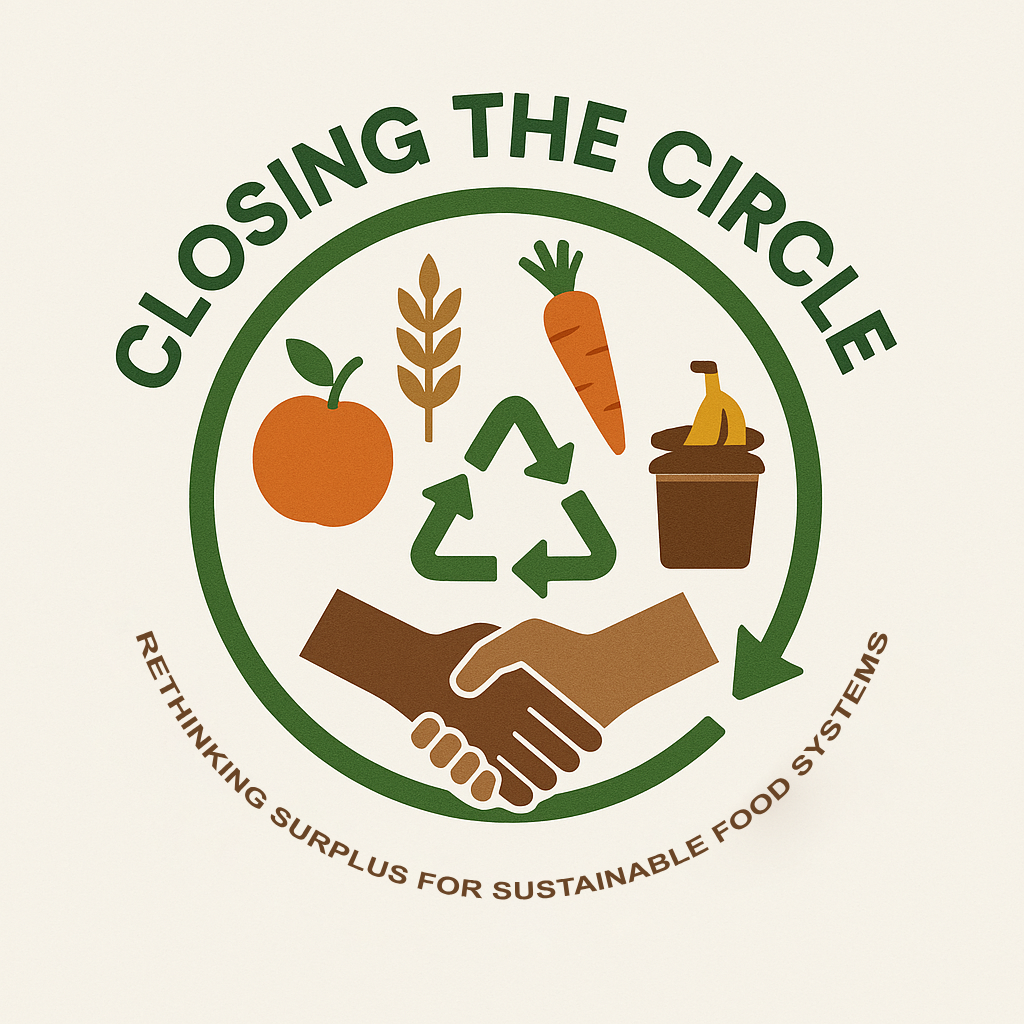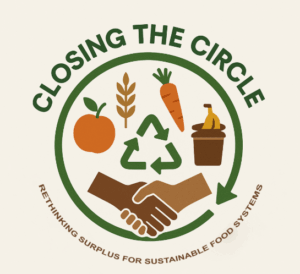Interview with Closing the Circle 2025 speaker Nancy Beyda – Founder and Executive Director of FoodCycle LA
Questions in the Closing the Circle 2025 conference speaker interview series written by Elias Jabbe
What does building a longer table require and how are you contributing to achieving that with your team?
Building a longer table requires more than just sharing what we have—it demands rethinking our food system so everyone has a seat and enough to eat. The fact that the US wastes more between 80 and 160 billion pounds of food annually demonstrates that food insecurity is not due to scarcity, but is a failure of the imagination.
At FoodCycle, we see abundance where others see waste. By rescuing over 9 million pounds of surplus food annually, we keep it out of landfills and redirect it to nourish people in need. With our team and hundreds of nonprofit partners, we’re expanding access through green technology like electric vehicles and solar refrigeration, and by creating community-based solutions such as a new food hub in South LA.
For us, building a longer table means fighting hunger, protecting the planet, and working together to ensure that good food reaches the communities that need it most.
View this post on Instagram
What does bringing everyone together require and how are you contributing to achieving that with your team?
Bringing everyone in requires listening, partnership, and a commitment to equity. At FoodCycle, we work alongside community organizations to ensure rescued food reaches those too often overlooked.
We actively seek out input from the communities that we serve. By combining innovation with collaboration, our team is building solutions that make access to good food possible for all.
View this post on Instagram
Which strategies are you utilizing to help the food sector improve as it undergoes the process of focusing on systems change?
At FoodCycle, we believe systems change in the food sector requires breaking down silos and building stronger connections. We’re focused on creating collaborative networks that unite nonprofits, community partners, and innovators to design solutions that work across the food system.
By leveraging technologies like electric vehicles and solar-powered refrigeration, we demonstrate how innovation can reduce both waste and emissions.
We also emphasize the deep connection between climate change and food insecurity, ensuring sustainability stays central to the conversation. Just as importantly, we model resource sharing and encourage collaboration, moving away from the scarcity mindset that too often limits progress in the nonprofit sector.
Our strategy is rooted in partnership, innovation, and a belief that surplus food is a resource to be shared, not wasted.
View this post on Instagram
Visit closingthecircle2025.com and click the logo above to learn more about attending Closing the Circle 2025 on October 17 at UCLA and upcoming interviews with conference speakers conducted by Elias Jabbe


Leave a Reply